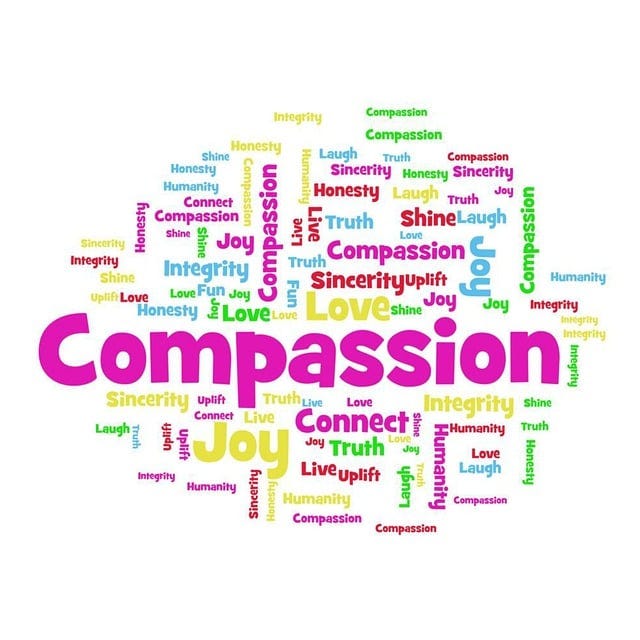Transform Your Life: The Heartfelt Journey of Self-Forgiveness and Self-Kindness
Self-Kindness.
"The most difficult times for many of us are the ones we give ourselves." Pema Chodron.
"Feeling compassion for ourselves in no way releases us from responsibility for our actions. Rather, it releases us from the self-hatred that prevents us from responding to our life with clarity and balance." Tara Brach.
"You yourself, as much as anybody in the entire universe, deserve your love and affection." Sharon Salzberg."
Many people have a voice that whispers, "You are not good enough, you are not smart, you are not handsome or beautiful, you made that mistake at work because you are a dummy," and many other thoughts.
Over the years, I have been interviewed on television, radio, and newspapers. In anticipation of each event, I was nervous and certain they had selected the wrong person to interview. Afterward, I was self-critical, reviewing my answers and responses during the event, and convinced I had made a fool of myself. I was unforgiving and unkind to myself. Later, I learned about mindfulness.
Mindfulness, the practice of present-focused awareness and acceptance, is a powerful tool for cultivating self-compassion. By bringing gentle, nonjudgmental attention to our thoughts and emotions, we can learn to extend the same kindness to ourselves that we might offer to a dear friend. This shift in perspective can unlock profound personal growth and healing.
Mindful self-forgiveness and self-kindness have emerged as powerful tools for self-improvement in pursuit of personal growth and well-being. These practices, rooted in the principles of mindfulness and self-compassion, offer a profound and transformative approach to navigating the complex landscape of our inner experiences. They give us hope for a better, more compassionate relationship with ourselves.
Mindful self-forgiveness involves acknowledging and accepting our mistakes, shortcomings, and moments of weakness with a nonjudgmental and compassionate attitude. It comprises recognizing that we are all humans, prone to errors and imperfections, and that self-condemnation often does more harm than good. By embracing self-forgiveness, we cultivate the emotional resilience to move forward, learn from our experiences, and avoid getting trapped in a cycle of self-criticism and shame.
Closely related to self-forgiveness is the practice of self-kindness. It entails treating ourselves with the same warmth, care, and understanding that we would extend to a close friend or loved one. It means being gentle with ourselves, acknowledging our struggles, and responding with empathy and understanding rather than harsh self-judgment. Self-kindness allows us to nurture our emotional well-being, fostering self-acceptance and self-esteem.
The importance of mindful self-forgiveness and self-kindness cannot be overstated. When we release the burden of self-condemnation and adopt a more compassionate stance toward ourselves, we experience a profound sense of liberation. These practices can ease feelings of anxiety, depression, and guilt, enabling us to approach our lives with a greater understanding of resilience and inner peace.
Self-forgiveness and self-kindness affect our relationships and interactions with others. By cultivating these qualities within ourselves, we become better equipped to extend the same understanding and compassion to those around us, strengthening our connections and fostering more harmonious relationships.
Mindful self-forgiveness and self-kindness offer a refreshing and empowering alternative in a world that often emphasizes perfection and self-criticism. By embracing these principles, we can learn to navigate the complexities of our lives with greater self-acceptance, self-compassion, and a renewed commitment to personal growth and well-being. This empowerment is a key benefit of these practices.









Yes.
Self-forgiveness, self-kindness and compassion are all part of self respect, with which we have the capacity to extend that respect to others.
Thanks for this Allan. I particularly resonate with this thought..."Closely related to self-forgiveness is the practice of self-kindness. It entails treating ourselves with the same warmth, care, and understanding that we would extend to a close friend or loved one". I think particularly mothers can relate to this guidance. Of course dad's too, but somehow the level of love and acceptance that mothers have for their children opens a door within them that enables them to imagine loving themselves in the same way. Being a parent is not required to learn self-forgiveness, but parenting sure seems to be a profoundly lesson filled training ground.